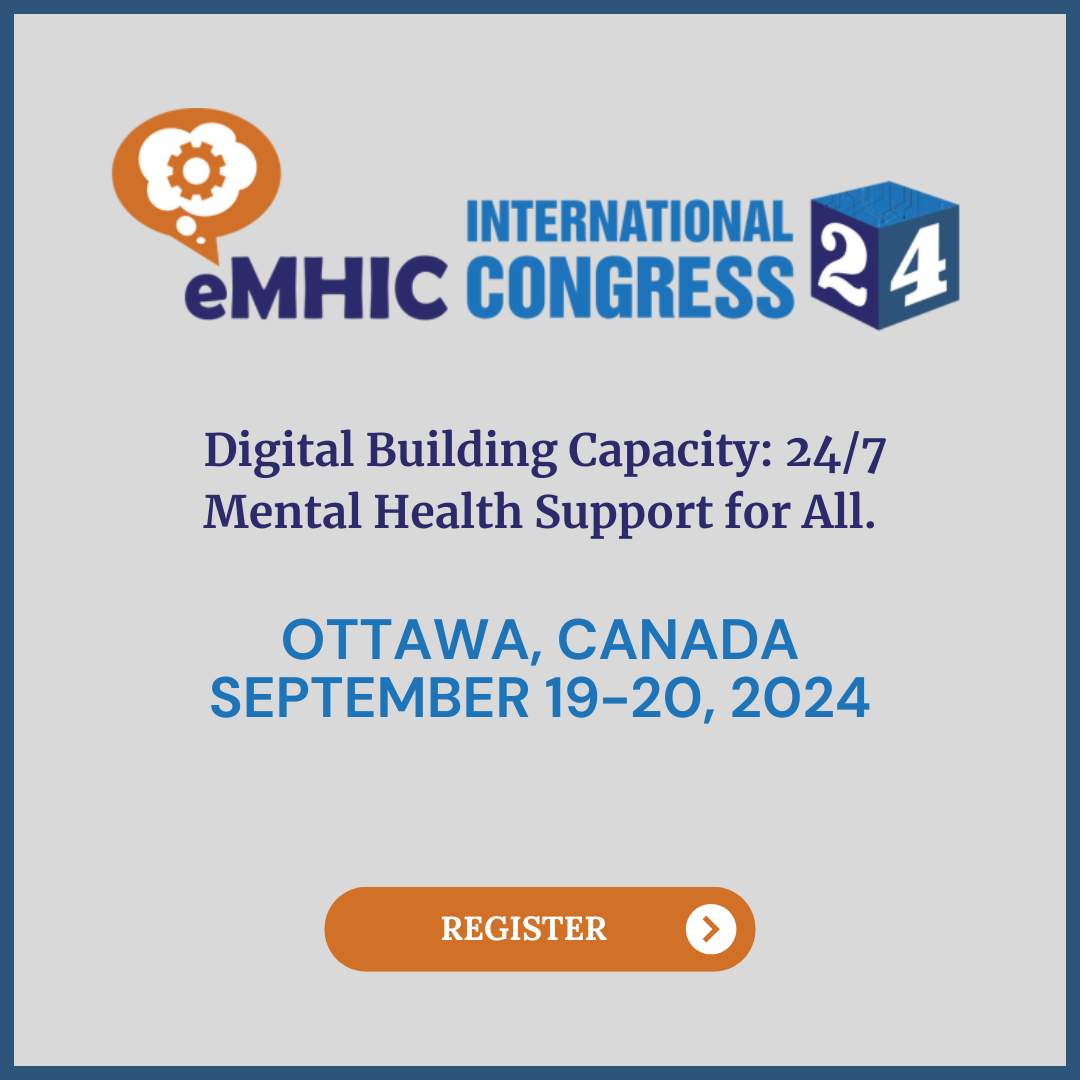If you are in distress, you can call or text 988 at any time. If it is an emergency, call 9-1-1 or go to your local emergency department.
A Framework for Assessing Structural Stigma in Health-Care Contexts for People with Mental Health and Substance Use Issues
Research consistently identifies the health-care system as a significant contributor to stigma for people with mental health and substance use issues. This system contributes through its production of structural stigma, which worsens health outcomes and is a fundamental cause of population health inequity. Among people living with mental health and substance use issues, structural stigma fosters unmet needs, delayed help seeking, and treatment withdrawal. As mentioned, for people with mental health and substance use issues, structural stigma in health-care contexts relates to two key issues: their access to and quality of health care. These in turn supply the recommended domains for assessing structural stigma. Inequitable access Poor quality Participatory Closing The detrimental effects of structural stigma on the lives of people with mental health and substance use issues is well documented in the literature. Tangible efforts must be made to reduce the stigma-driven barriers and inequities that interrupt people’s access to quality health care.
Structural stigma in health-care contexts
Assessment domains
People living with mental health and substance use issues have greater difficulty accessing health-care services, compared to the general population. In part, this difficulty occurs due to practitioner- and system-related matters, which discourage them from accessing the care they need.
Structural stigma is expressed when people with mental health and substance use issues systematically receive a lower quality of care. The stigma associated with these issues has a detrimental impact on the quality of health-care services people with lived experience receive. This influence has been referred to as one of the most pernicious and powerful forms of structural stigma.
A key ingredient of any stigma-related initiative is ensuring that people with lived experience are integral to its design and implementation. Assessing structural stigma is no different. People with lived experience, and the groups and agencies they lead, must be meaningfully involved in efforts to document and track structural stigma in health-care contexts.
This report summarized the assessment domains, methodological considerations, and data sources for assessing structural stigma in health-care contexts and tracking how it changes over time. Clearly, there are many options and issues to address when considering a structural stigma assessment framework. These include:
SHARE THIS PAGE
RELATED



